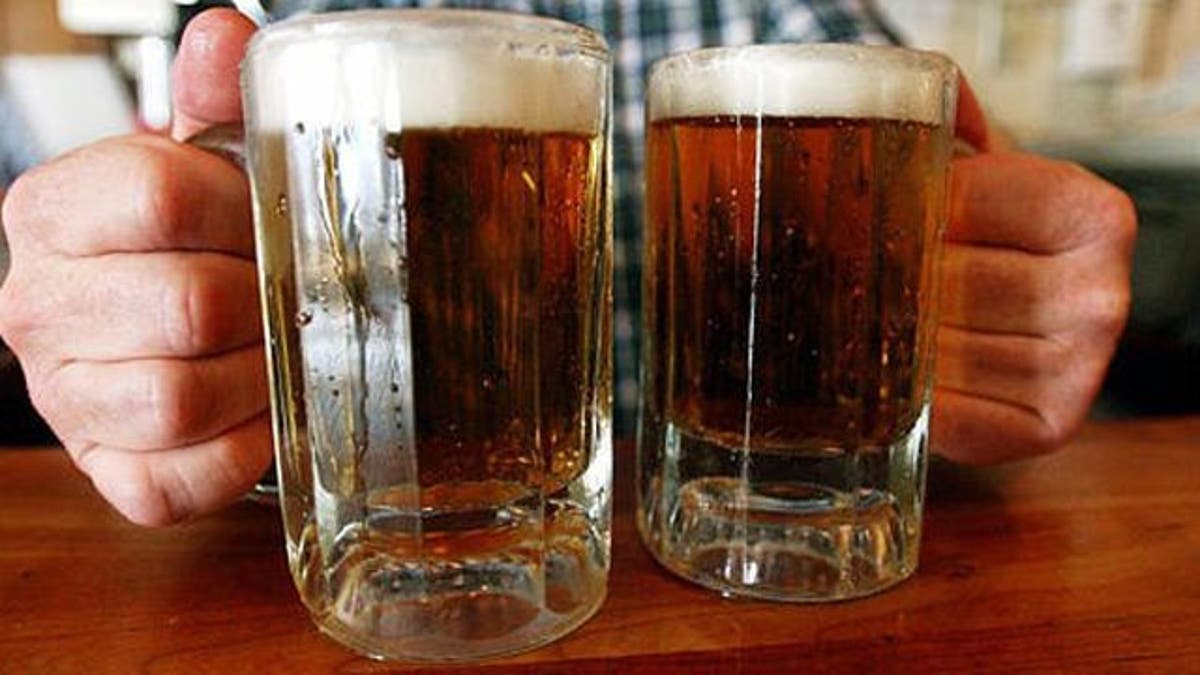
Previous studies have highlighted heart-healthy antioxidants in wine and fertility-boosting ingredients in beer, but new findings suggest yet another reason to continue hitting happy hour: Drinking alcohol after age 60 may help strengthen your memory.
Researchers at the University of Texas Medical Branch (UTMB) at Galveston, University of Kentucky, and University of Maryland found that among people ages 60 and older who don’t have dementia, light to moderate alcohol consumption can produce a higher episodic memory— the ability to recall memories of events.
Moderate drinking is defined as a maximum of two alcoholic drinks for men and one for women in a single day, according to the National Institute on Alcohol Abuse & Alcoholism (NIAAA).
The study, published in the American Journal of Alzheimer’s Disease and Other Dementias, revealed that moderate alcohol consumption was also linked to a larger volume in the hippocampus, a brain region critical for episodic memory, according to a UTMB press release.
Scientists note that without factoring in the hippocampal volume, the positive relationship between light alcohol use and episodic memory goes away. In other words, hippocampal functioning is crucial for the memory effect to take place.
The research considered data from more than 660 patients in the Framingham Heart Study Offspring Cohort. Scientists surveyed the participants on their alcohol consumption and demographics, a battery of neuropsychological assessments, the presence or absence of the genetic Alzheimer’s disease risk factor APOE e4 and MRIs of their brains.
Previous studies on animals have suggested that moderate alcohol consumption could contribute to preserved hippocampal volume by promoting a generation of new nerve cells in that area of the brain. Literature suggests that exposing the brain to alcohol may boost the release of brain chemicals liked to cognitive functions.
In the new study, midlife alcohol consumption didn’t impact cognitive functioning and regional brain volumes during late life, said lead author Brian Downer, a postdoctoral fellow in the UTMB Sealy Center on Aging.
“This may be due to the fact that adults who are able to continue consuming alcohol into old age are healthier, and therefore have higher cognition and larger regional brain volumes, than people who had to decrease their alcohol consumption due to unfavorable health outcomes,” Downer said in the press release.
The study points out that while light to moderate alcohol consumption can boost the memory in late life, extended periods of abusing alcohol— often defined as having five or more alcoholic drinks during a sitting— is known to negatively impact the brain.
